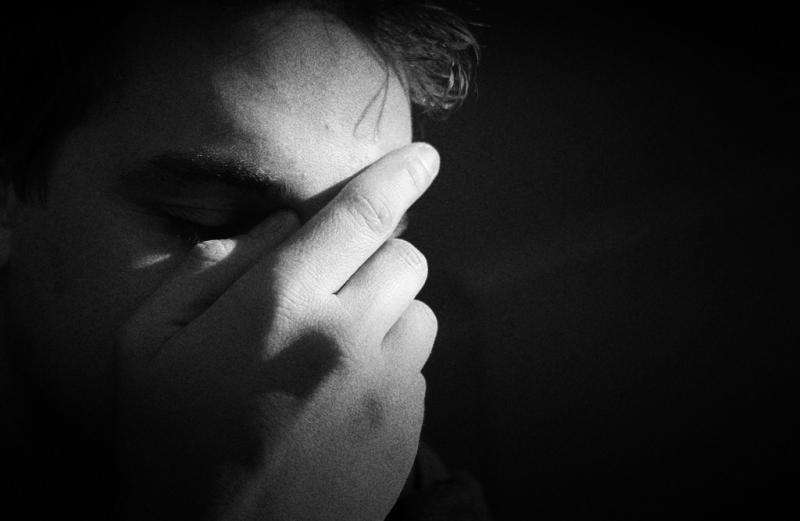Credit: University of Melbourne
An Australian-first research program will help improve treatment for up to one million Australians with post-traumatic stress disorder (PTSD).
Phoenix Australia – Centre for Posttraumatic Mental Health at the University of Melbourne will lead the trial of an intensive treatment program with current and former Australian Defence Force (ADF) members who have PTSD.
The National Health and Medical Research Council (NHMRC) awarded a partnership grant to conduct the RESTORE trial to the Departments of Veterans' Affairs and Defence and Phoenix Australia.
The trial will assess whether delivering PTSD treatment over an intensive, two-week period would provide equal or better mental health outcomes than current treatments that involve therapy over three months.
Phoenix Australia Director Professor David Forbes said this was the first Australian trial of intensive prolonged exposure treatment and Australia's largest randomised controlled trial of PTSD treatment.
"PTSD is the most prevalent mental health disorder among Defence personnel and within the broader community, more than one million Australians a year have PTSD," Prof Forbes said.
"Even the best treatments available are not a solution for everyone. We need to develop and test new and innovative approaches to help those not benefitting from current approaches.
"The outcomes of this trial will help not just the military and veteran community but also other Australians with PTSD as we improve PTSD treatments."
Prolonged exposure therapy is currently the most effective treatment for PTSD and involves weekly treatment, with therapists guiding and supporting patients as they work through specific traumatic events. Over the course of the therapy, reactions to the memories of these events become less intense.
The two-year Rapid Exposure Supporting Trauma Recovery (RESTORE) trial will recruit about 200 current and former ADF members across three states – Victoria, New South Wales and Queensland.
Veteran Mr Chris May was diagnosed with PTSD after his second tour of Afghanistan.
"PTSD and associated anxiety and depression effects every person differently and is indiscriminate as to the time, setting and the way in which it will affect you," he says. Prolonged exposure therapy has proven to be very effective for Mr May and he encourages current and ex-service personnel to speak up and seek help if they think they may have PTSD.
Provided by University of Melbourne



















